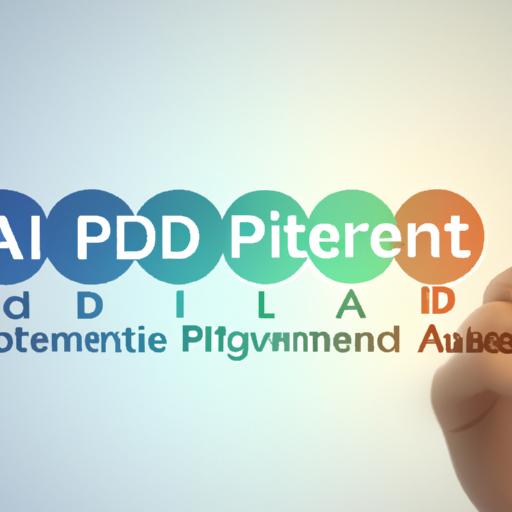As artificial intelligence continues to permeate various aspects of our daily lives, the conversation around ethical AI development has never been more crucial. With immense capabilities come significant responsibilities, and it is essential to establish practices that guide developers toward creating systems that are not only effective but also fair, transparent, and aligned with societal values.
The Importance of Ethical AI
Ethical AI refers to the development of AI technologies that prioritize human welfare and adhere to fundamental ethical principles. Ensuring that AI systems are developed responsibly is vital for gaining public trust, enhancing security, and promoting equitable access to AI technologies.
Key Principles of Ethical AI Development
- Fairness: AI systems should be free from bias and discrimination, ensuring equitable treatment of all individuals.
- Transparency: Developers should be open about the data, algorithms, and decision-making processes involved in AI systems.
- Accountability: Organizations need to establish clear guidelines on who is accountable for AI decisions and outcomes.
- Privacy: Protecting user data and maintaining confidentiality should be paramount in any AI development initiative.
- Safety: AI systems should be designed to minimize risks to users and society at large.
Best Practices for Ethical AI Development
Implementing ethical AI development practices requires a clear strategy and commitment from all stakeholders involved. Here are some best practices that can pave the way for responsible AI development:
- Involve a diverse team: Bringing together individuals from various backgrounds can provide multiple perspectives and help identify potential biases.
- Conduct impact assessments: Evaluating AI projects for their social, economic, and environmental impacts before deployment can help avoid negative consequences.
- Engage with stakeholders: Collaborating with users, communities, and subject matter experts can ensure that AI systems meet real-world needs and ethical standards.
- Implement regular auditing: Routine evaluations of AI systems can help identify biases and issues that may arise post-deployment.
- Promote education and training: Encouraging continuous learning about AI ethics among developers ensures that they stay informed about emerging trends and challenges.
Conclusion
The development of ethical AI is not just a choice; it is an imperative for a sustainable and just future. By adhering to ethical principles and best practices, developers can ensure that AI technologies serve to benefit society at large, paving the way for innovations that are responsible, trustworthy, and equitable.
As we look forward, it remains our collective responsibility to champion ethical AI practices, ensuring that technology reflects our shared values and enhances human dignity.




